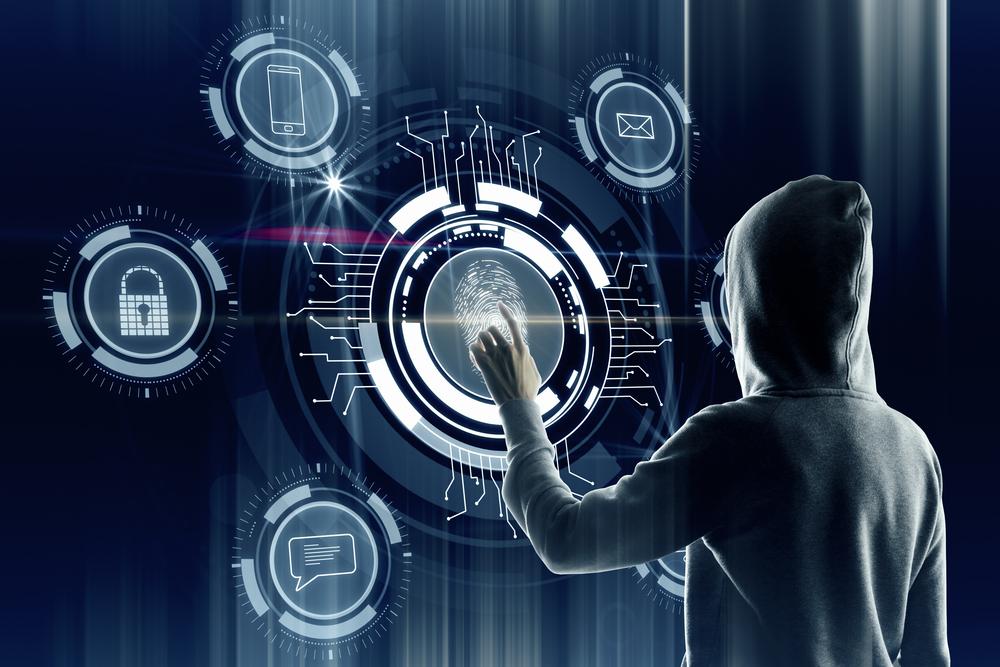What Is Cyber Security?
Cyber Security is the set of practices used to protect computers, servers, cloud infrastructures, mobile devices, various electronic systems, computer networks, and data from malicious attacks and threats. It is also known as Information Technology Security or Electronic Information Security.
Cyber-attacks and threats come in all types and sizes and impact various sectors. The growing cyber-attacks cost the world economy more than $1 trillion, almost one percent of global GDP, where a company or an individual’s credentials, bank account details, and overall security of their data and other digital assets are at risk.
- CIA TRIAD is a model designed to provide various companies and organizations guidelines to help them create their security policies. Cyber Security involves protecting data and information from unauthorized access, deletion, or modification to provide Confidentiality-Integrity-Availability.
- Confidentiality – means preventing data access to unauthorized individuals; it can be compromised by hackers who crack poorly encrypted data, incorporate various types of cyber-attacks, and disclose sensitive data.
- Integrity – is about protecting the information from being altered by unauthorized individuals; it can be compromised, especially by cyber-crimes, when malware is embedded into web pages.
- Availability – means ensuring that only authorized personnel has access to data or information when needed. Unavailability of information usually occurs when security incidents such as human error, programming errors, DDoS attacks, or hardware failures.
Three Main Reasons Why You Need Cyber Security
- Protection from cyber-attacks
- Ensure privacy of information
- Provide guidelines for data security
A cyber-attack is an offensive action taken by a hacker or unauthorized individual who targets computer systems, IT infrastructure, computer networks, mobile devices by using different methods to break into, steal, damage, or alter crucial data and information. There are several types of cyber-attacks:
- Phishing – is one of the most used types of cyber-attacks. The attackers, by this method, try to get access to personal information like login credentials, debit or credit card details by pretending themselves as concerned competent authorities. Phishing is executed mainly through emails, messaging, and phone calls.
- Ransomware – in this method, the user is compelled to remove all their data and information from their system if they fail to meet the timeline in paying a ransom declared by cybercriminals. Despite all this, there is no guarantee as to whether paying the ransom would secure their data or not.
- Malware – in this case, the hackers create a malware code to hack any electronic or digital device like mobiles, computers, and laptops to obtain unauthorized access.

Basic Practices and Methods to Avoid Cyber-attacks
Best practices and methods to avoid cyber-attacks include the steps and methodologies involved to keep everyone at the organization safe and secure, both internally and from any external threats, be it cyber-attacks, viruses, or computer worms. Here are some of the good practices and methods to help you secure and protect your sensitive data:
- Data privacy – always make sure that you keep your data private to reduce the chances of data leakage in the advent of cyber-attack.
- Privacy settings – maintaining strong privacy settings to all your work, be it on mobile devices or computers, act as the first line of defense against hackers.
- Antivirus – having reliable and proactive antivirus solution using Endpoint Detection and Response (EDR) technologies helps against any malicious software, viruses, malicious scripts\processes, computer worms, and other programs developed to deliver a cyber-attack.
- Website URL – websites that start with HTTPS: are far more secure than those that begin with HTTP, the additional protection provided always counts in the advent of any cyber-attack.
- Log out – every time you complete your work and don’t intend to use the system, log out of it. This is a pre-emptive measure, as it avoids prying eyes from breaking into your account.
Protect your valuable data and assets from cyberattacks with the latest security tools and services.

